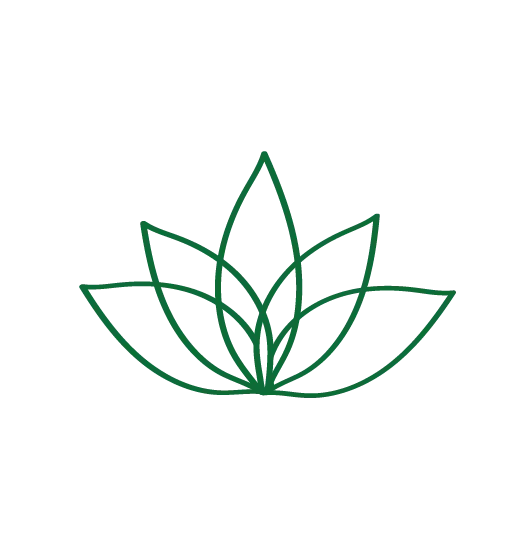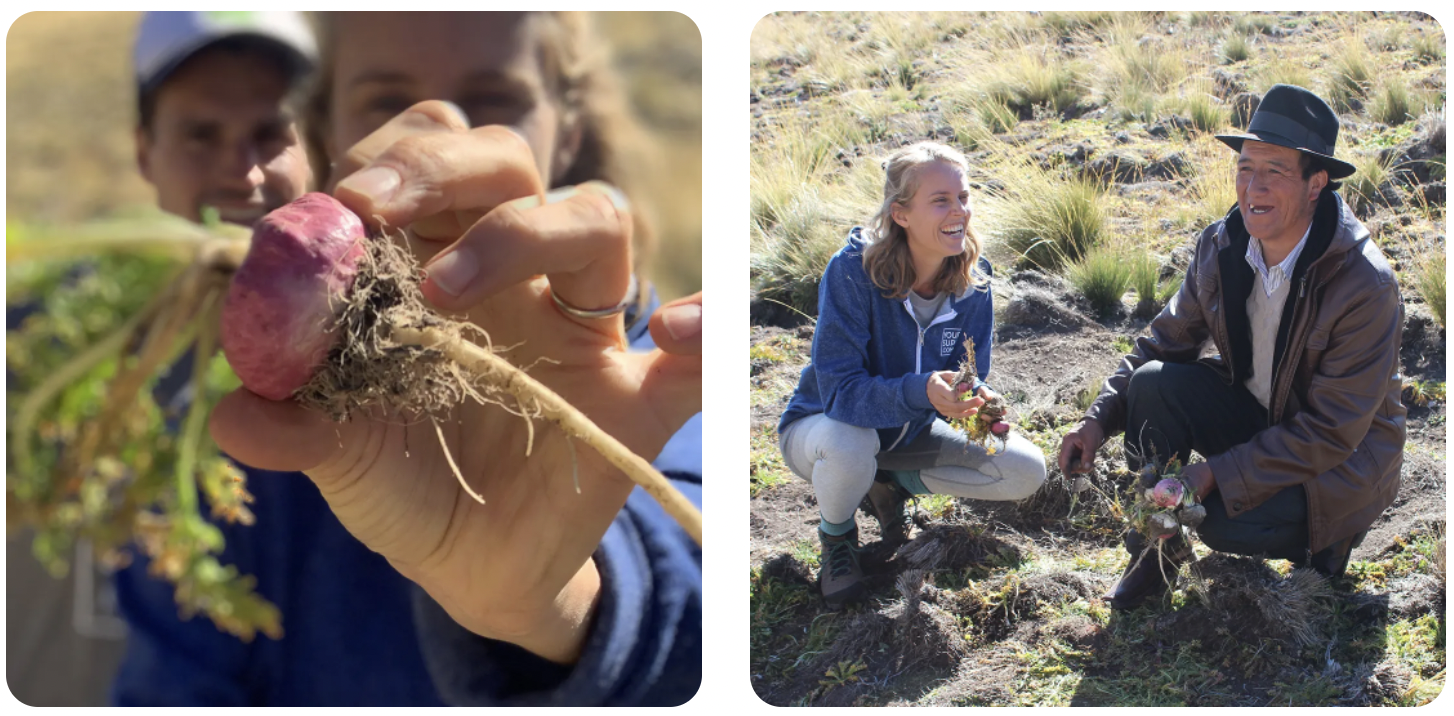More and more companies brand their supply chain as “transparent” or “traceable,” much like a seal of approval. But what does it actually mean?
At Your Super, we rely on 3 non-negotiable principles to guarantee the highest quality and not only to strengthen the health of our customers but also to have a sustainable positive impact on the economy and small businesses.
While most consumers think they understand what quality control and organic certification are, the actual inner workings of the global supply chain are far more complex. But as a consumer, it should be made clear to you what a transparent supply chain means and why you should care about it when buying. To help us, we asked our supply chain team to explain it as simply as possible (spoiler alert: a good sustainable supply chain should always be pretty simple!).

Transparent supply chain: what does it actually mean?
A transparent supply chain allows for every step of the process to be visible, known, and traceable. That way, it is possible to break down unethical working conditions and have a more positive environmental impact. That means from the second our superfood seeds are planted to the last moment when our cans are sealed, we know what’s happening every step of the way and can communicate those steps both internally (to our team members) and externally (to you – our customer).
Transparency allows customers access to information about the production process and allows them to understand what’s going on behind the scenes so they can be sure that workers are being treated fairly and that brands are being honest about their production process.
Why transparent sourcing is important
Since the launch of Yours Super, our mission has been to create a direct, transparent supply chain.
And although we know that buying individual ingredients from wholesalers at dumping prices (and uncertain quality) would be cheaper for us, it would come at a cost to you — and that is not something we are willing to negotiate on.
Unfortunately, not all brands feel the same. As a consumer, it’s important to ask questions about where your goods are coming from for a number of reasons, including but not limited to the following:
- It holds companies accountable
- Prioritises sustainability
- Ensures social and ethical practices
- Supports local communities
- Provides the cleanest ingredients
In our globally networked world, this type of transparency is particularly important. It’s so important, in fact, that the German government is trying to initiate a process to pass a law requiring companies to report on the social and environmental performances of their supply chains.
How does a good supply chain work?
Philipp Gronau, VP Supply Chain at Your Super: "At your Super, we are committed to a better future; not just by supporting your health journey, but also by ensuring we can positively impact our farmers’ lives.
We make sure that we support organic farming practices and work in long-term partnerships that sustainably impact economic stability in their communities. All thanks to you, the superfood lovers."
So you now know what a transparent supply chain is, but what does it look like in practice? Time for a little supply chain 101! With the help of this overview, you can see the difference between an unsustainable supply chain and the Your Super supply chain:
| Unsustainable/unethical supply chain: Farmers: Grow superfoods and sell them for a quick buck Uncontrolled market / no quality standards → Local supply market: International traders influence prices and depress them → Wholesalers: Buy ingredients according to availability and price (not quality) Focus on high profit → Online shop: Focus on marketing the product Do not know where their product comes from → Conclusion: in this supply chain, the original growers earn little money for their work and may turn to other quick-money solutions, such as logging or the use of harmful chemicals to increase their production. | Your Super supply chain: Farmers: Form a local community → Local community: Selected group of farmers who deliver high-quality organic products Can make improvements and respond to customer requests Continually grows and adds more farmers to ensure scalability → Sell to Your Super Long-term & trusting relationship with the farms, which ensure financial stability Prices are set according to market price to ensure fairness to farmers → Conclusion: this supply chain cuts out the middlemen, protects farmers, ensures fair wages and good working conditions. |
A look behind the scenes: two superfood suppliers we work with
Maca: the miracle tuber from South America
Our maca powder comes from the high plateau of the Peruvian Andes. More precisely, the plant is cultivated in such a barren area that nothing else can grow except potatoes. However, these conditions are ideal for maca, as it thrives from the direct, harsh rays of the sun.
Amongst our suppliers, around five families live fully from the maca culture, and an additional 25 families get regular income from it to complement their own economical activity. The prices for their product is decided according to the market, however they are paid an additional 5-10% for higher quality products.

Wheatgrass: the local superfood
You don't have to travel far to find superfoods. You may have already discovered that many of our ingredients, such as grasses, celery or apples, come from Europe. Wheatgrass is no exception. We get it from family-run farms near Lake Constance, which has been awarded the strictest organic seals: Bioland and Demeter.
The three farmers, Peter, Sebastian and Patrick, grow barley grass and alfalfa (which we also get from them) in addition to wheat grass to avoid monoculture and keep the soil fertile. Twice a year, the nutrient-rich greenery is harvested and brought to the neighbouring village, where Birgit, our provider, dries it in drying chambers.

Conclusion:
Transparency is essential, especially in a globalised market economy, to ensure ethical working conditions. Instead of buying ingredients at dumping prices from wholesalers, we source our organic superfood powder from local farmers and communities to guarantee fair wages and the highest quality standards.










